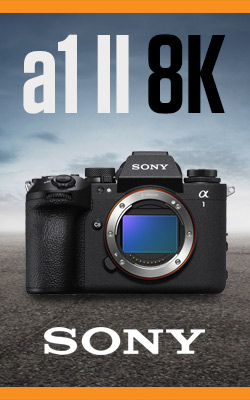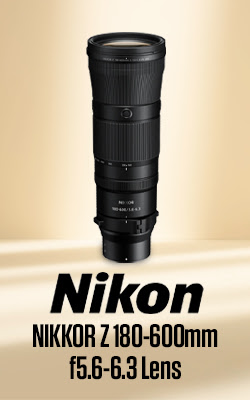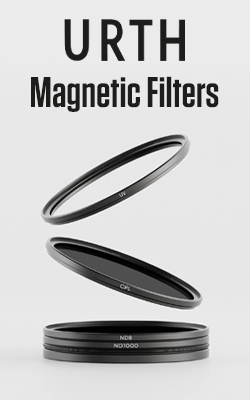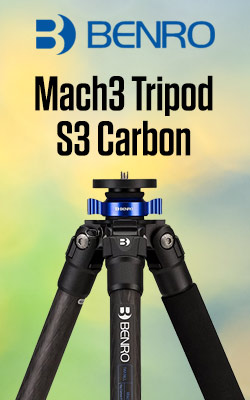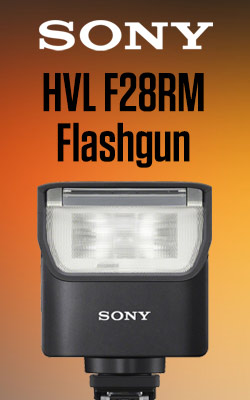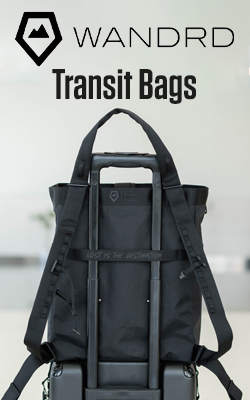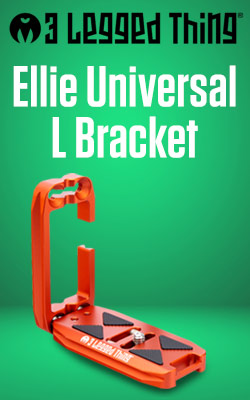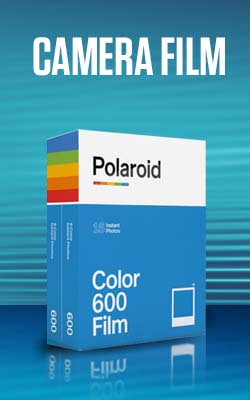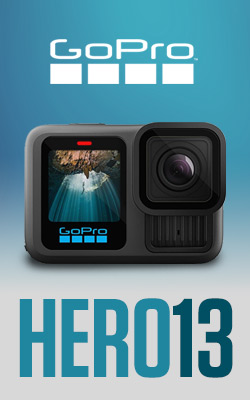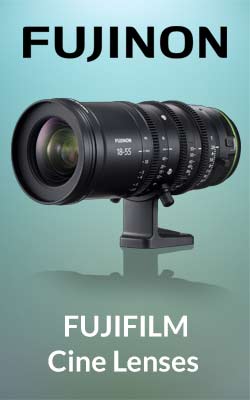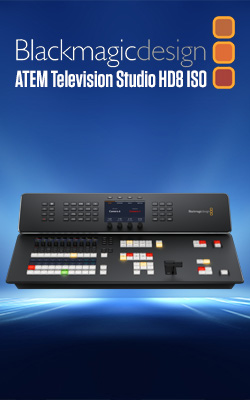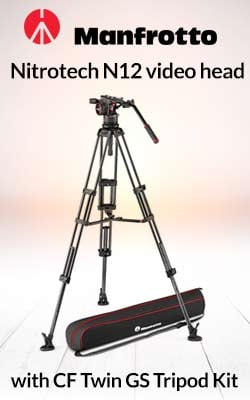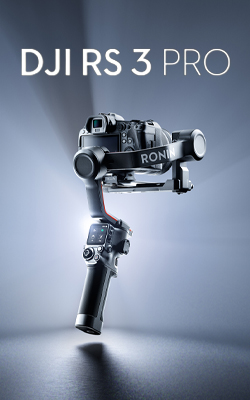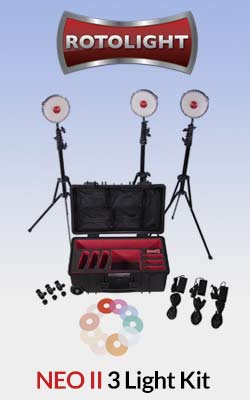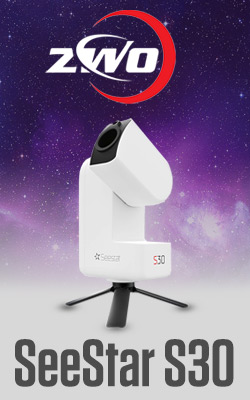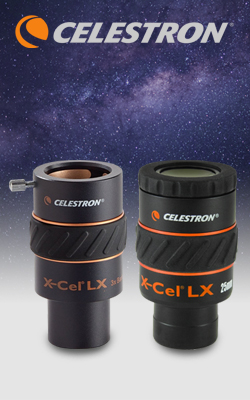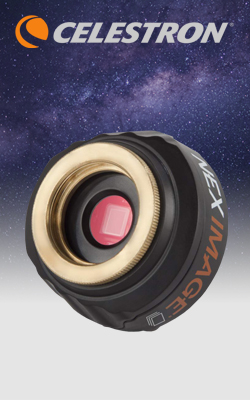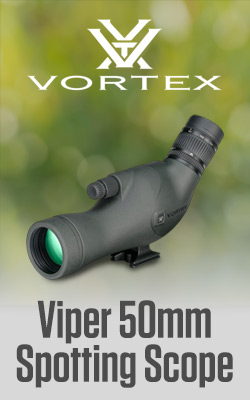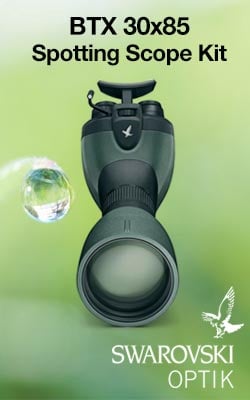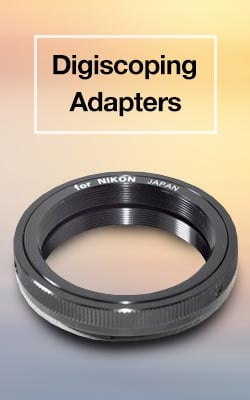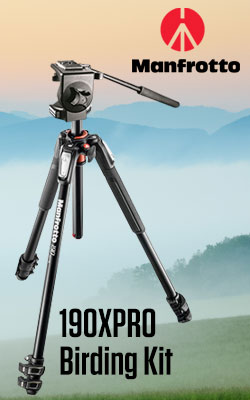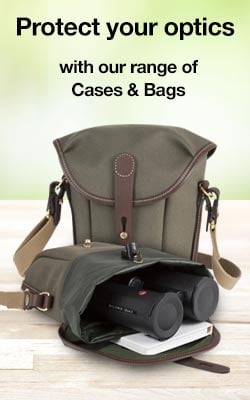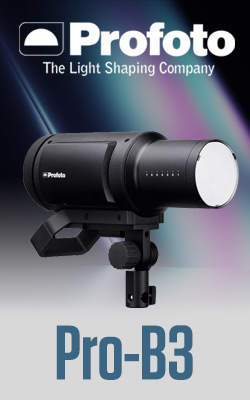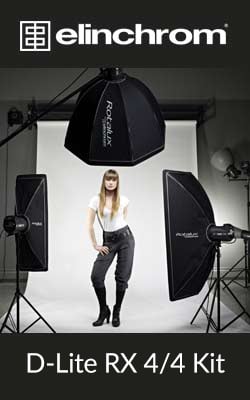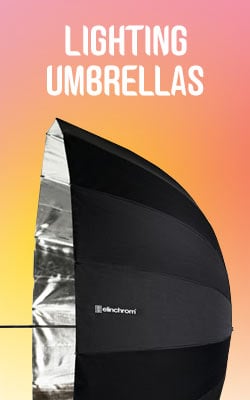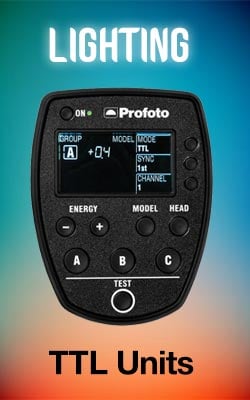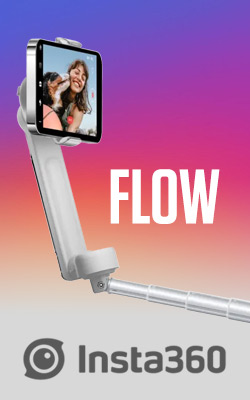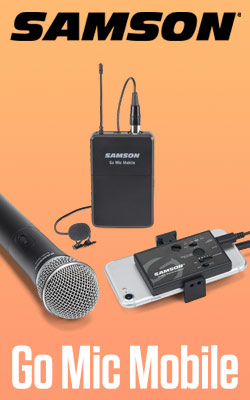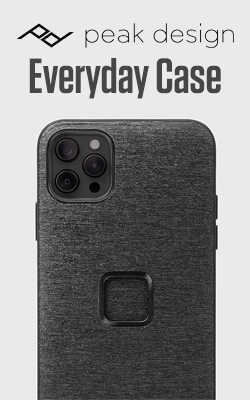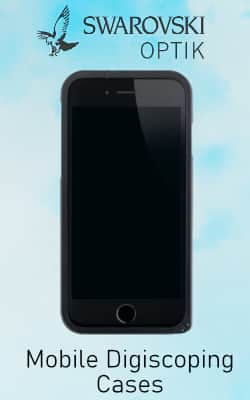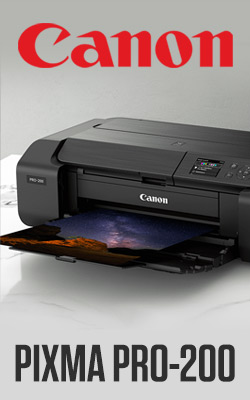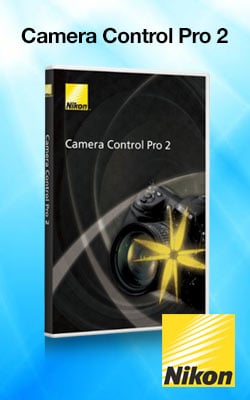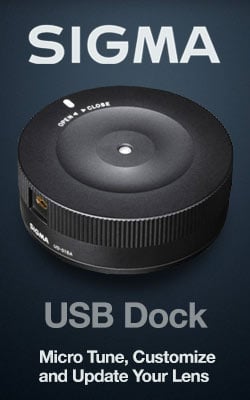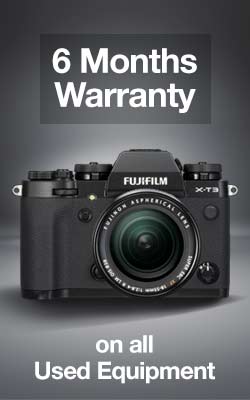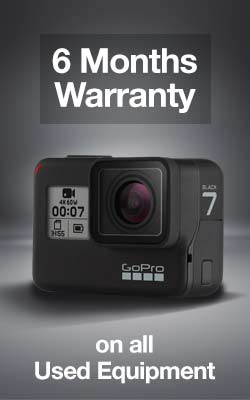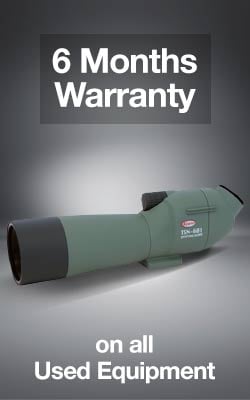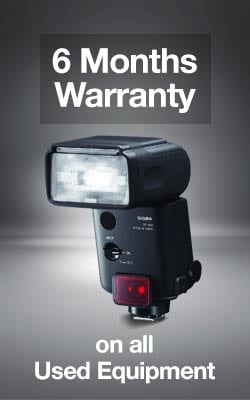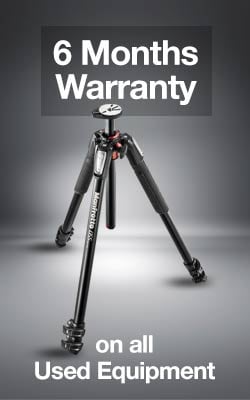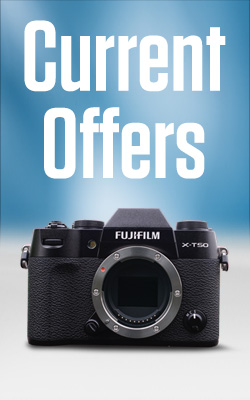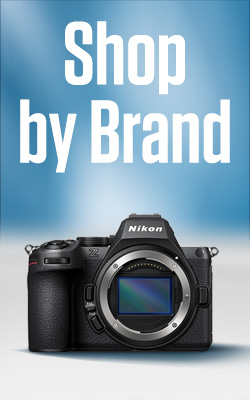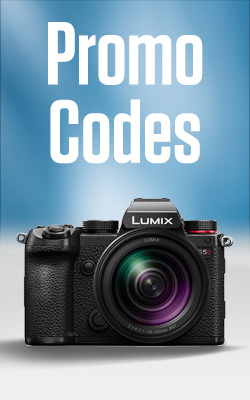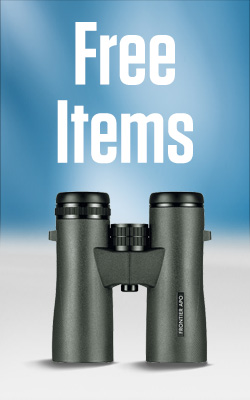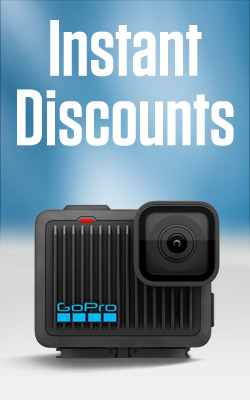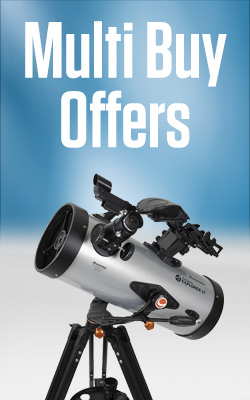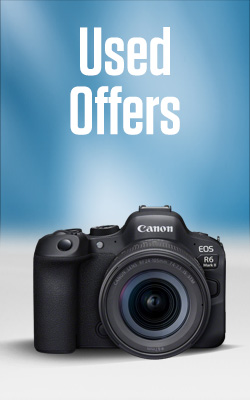Polarising Filters
Browse our wide range of Polarising Filters at Clifton Cameras. One of the main accessories for any photographer to keep in their kit bag. Polarising Filters make blue skies look heavenly, water surfaces look saturated and reflective surfaces look dynamic. Filter out unwanted light waves and improve the quality of your images without the need for post-production.
Here you will find all the major filter brands including Hoya, LEE Filters, Polar Pro, Sigma, and Zeiss. Discuss the Polarising Filters catalogue by contacting our team of experts. Shop online today for Next Day UK Delivery on all in-stock items.
Our Price:
- Awaiting Stock
Our Price:
- Awaiting Stock
Our Price:
- Awaiting Stock
Our Price:
- Awaiting Stock
Our Price:
- Awaiting Stock
Our Price:
- Awaiting Stock
Our Price:
- Awaiting Stock
What is a Polarising Filter?
Most commonly polarising filters are circular and consist of two glass layers that twist over the top of one another. By twisting the top layer different light waves are blocked from entering the camera’s sensor. This omission of light rays has different effects when twisted to different angles, the most common angle however is 90° when pointed towards the sun.
Blog: Using Polarising Filters >
When should I use one?
If you are asking yourself whether you should be using a polarising filter you should first ask yourself what you are looking at photographing. They are particularly popular with cityscape, architecture and landscape photographers due to their ability to reduce glares so successfully. Polarisers are best for reducing reflections, reducing haze and improving contrast, and for enhancing colour in your images. Try it with water, glass and metallic surfaces to reap the full benefits. Should I be using a polarising filter? In the majority of cases, the answer is Yes!
Are there any cons?
Nothing is completely perfect. Here are some key points to keep in mind when shooting with a circular polariser.
- Keep an eye on the sky While polarisers can be great for photographing the sky, bringing out colour and contrast, it can be overdone. When this happens the sky may appear very dark and uneven in texture and colour. This can easily be remedied by altering the twisted position of the filter.
- Exposure issues Polarising filters are designed to reduce light transmission. This reduction of light can decrease your exposure time by 1-3 stops. Make sure if you are needing to reduce your shutter speed by a substantial amount that you bring a tripod with you.
- Vignetting villain Ok, villain may be a bit strong – using a polarising filter on certain wide-angle camera lenses may produce noticeable vignetting. This is caused by the extra layers of glass not harmonising with the wide angle of the lens. To fix this issue try using a Slim filter. The thinner the glass the better in these instances, for example, the Hoya 52mm Twin Filter Kit (Multicoated UV + Slim Circular-Polarising).
How to know what size filter to buy?
Because filters screw into a thread on the front element of your camera lens, you need to make sure you are buying the right filter size. Different lenses will have different filter threads and you can check what filter thread your lens has by looking at the specification sheet. If a lens has a filter thread of 72mm then you will need a filter that is also 72mm in diameter. You can usually find the filter thread size in the title of the filter itself, for example, the Hoya NX-10 Circular Polarising Filter - 72mm.


